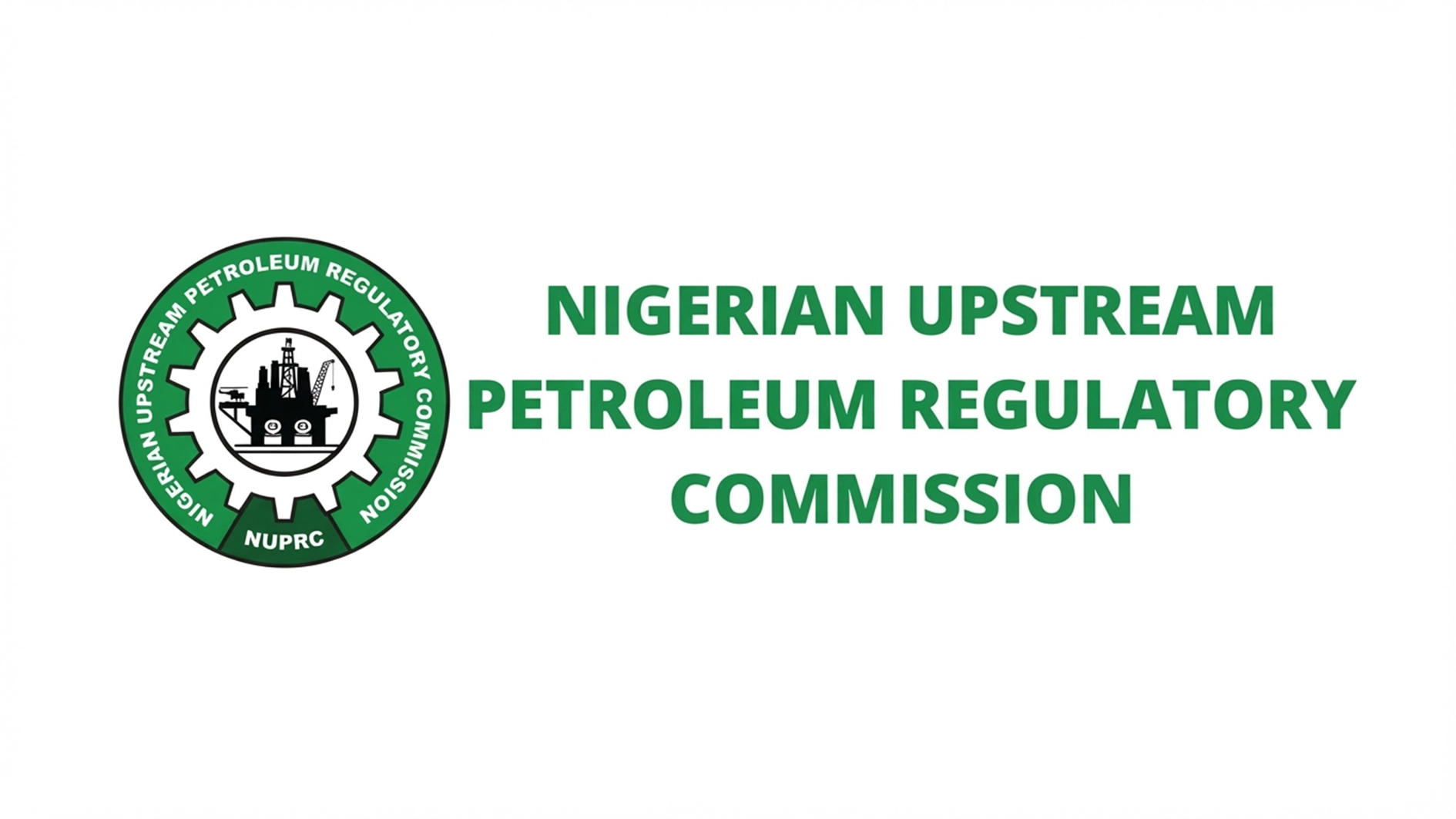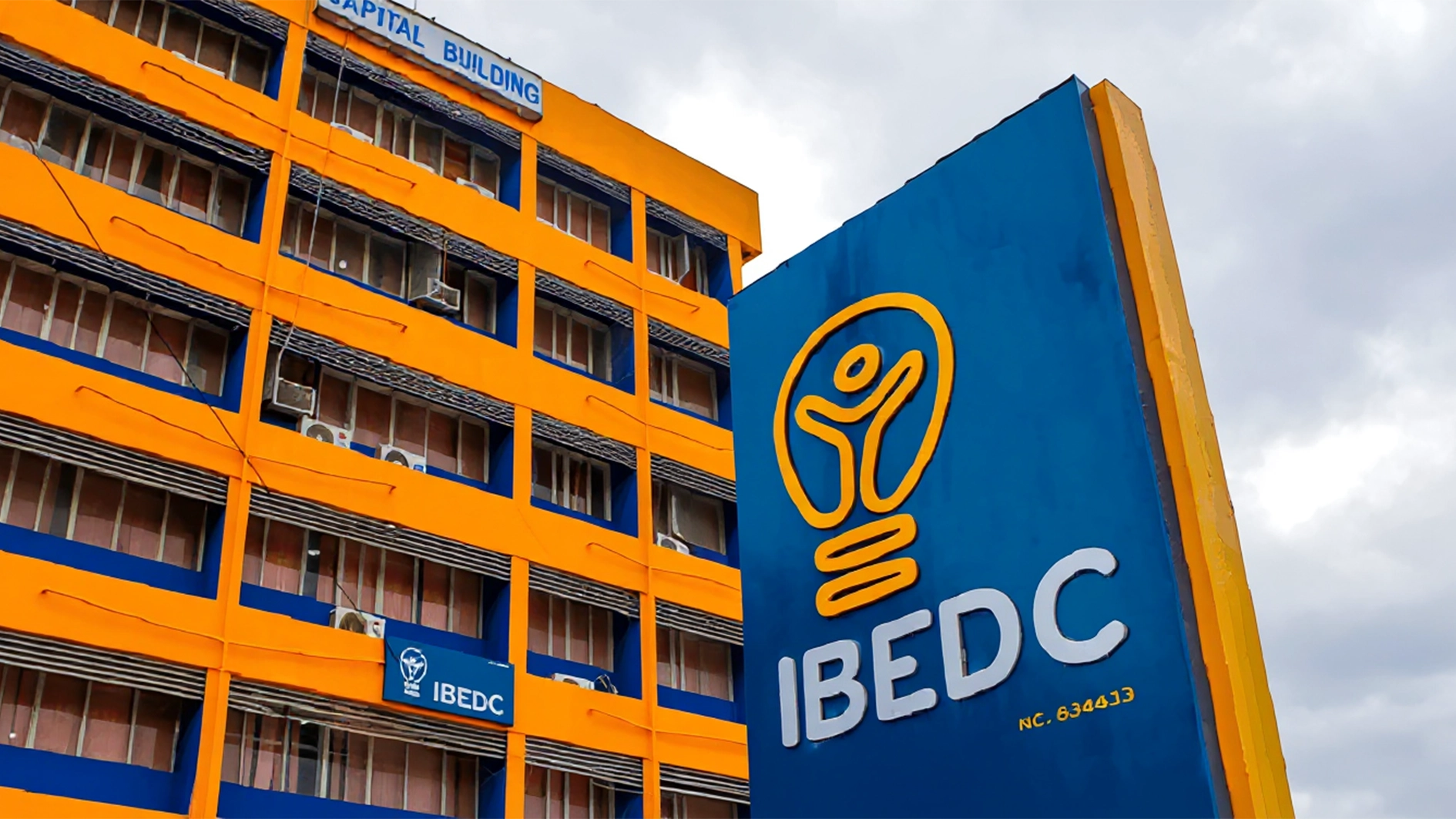
•To stem estimated billing, meter importation
•Overhaul of NMMP, list conditions to bridge metering gap
Stakeholders in the Nigerian power sector are seeking leeway to the persisting electricity metering gap as they call for the retooling of the Central Bank of Nigeria (CBN) metering intervention to capture local production and employment.
Asking for a rejig of the existing interventions, the experts who decried the over eight million metering gaps in the country were of the opinion that direct interventions of the CBN towards local meter manufacturing companies could help to end estimated billing, address the rising liquidity crisis in the power sector, reduce importation and provide jobs for Nigerians while reducing chances of smart meters that may shortchanged consumers.
At least 8.1 million of the country’s current 12.8 million customers are unmetered according to data from the Nigerian Electricity Regulatory Commission (NERC).
To NERC, only about 4.66 million end-users, representing 36 per cent of the entire pool, had been fully metered as at the end of November 2021.
While the government has intervened with a metering programme funded with loans from the Central Bank of Nigeria (CBN), abuse by meter companies has reportedly slowed down the National Mass Metering Programme, where close to a million free meters have been deployed to homes.
Recall that the CBN had earlier in the year, pleaded with a court to freeze 157 accounts of Meter Asset Providers (MAPs) for allegedly diverting funds meant for prepaid meter procurement.
Amidst uproar and denial by most of the accused companies, especially Mojec International Limited and Protogy Global Services Limited, even though The Guardian gathered that the suit may have been withdrawn, the second phase of the free metering scheme is yet to commence.
The Special Adviser to the President on Infrastructure, Ahmad Zakari, had said N120b capital expenditure (CAPEX) fund was being provided by the Central Bank for Distribution Companies (DisCos) to improve infrastructure, especially the metering challenges.
Zakari noted that the Federal Government, through funding options from CBN, installed about 900, 000 meters, while adding recently that the second phase of the programme would commence.
Introduced in September 2020, the metering scheme aimed at increasing Nigeria’s metering rate, eliminating estimated billing, strengthening the local meter value chain by increasing local meter manufacturing, assembly, and deployment of capacity.
The programme was expected to see DisCos roll out six million free meters over 36 months to unmetered consumers. However, the reality is far from expectations.
Most stakeholders, who spoke with The Guardian yesterday insisted that the interventions by the apex bank on metering remained sacrosanct but stressed the need for a new approach that would solely focus on local manufacturers and assemblers of the products.
They had equally noted that the prevailing situation did not support importation of the asset into the country. Amidst rising cost of meter, the Association of Meter Asset Providers (MAPs) had earlier called for an upward review of the current price of prepaid meters by the Nigerian Electricity Regulatory Commission (NERC) to meet the challenges occasioned by rising inflation, adding that upward movement of foreign exchange rates, associated increases in customs costs, increase in container freight costs, and the disruptions in the international supply chain were creating a global increase in the prices of raw materials and components for the manufacturing of prepaid meters.
PricewaterhouseCoopers’s Partner, Energy, Utilities, and Resources, Habeeb Jaiyeola, said the interventions of CBN in addressing the gap remained relevant, adding that such a move is normal across the world.
Jaiyeola noted that the CBN intervention remained a welcomed development to facilitate investment and ensure that the electricity market thrives.
According to him, while such a fund remains a loan with a set payback period, its application has to be strictly monitored to ensure project objectives are achieved.
A stakeholder in the electricity market, Adetayo Adegbemle noted the need to ascertain the accurate number of consumers connected to the national grid, and their demography, stressing “without this, any intervention policy will always be short.”
According to him, CBN can provide funds for Local Meter Manufacturers and for development of a metering ecosystem, aimed at resolving Nigeria’s metering problems, but should also be independent of the Discos.
Adegbemle expressed concerns over the delays in kick starting the second phase of the NMMP, stressing “If we have used two years to implement Phase zero already, which is barely a million meters, how long will it take to implement the remaining five million?”
He alleged that serious efforts went into silencing the published allegations of diversion of money meant for metering given to the MAPs, noting that “This is definitely casting an ominous shadow on Phase one of NMMP.”
Suggesting a more sustainable leeway for the metering gap, Adegbemle said: “License the independent metering providers (IMSPs), let NEMSA test and approves all meters, and let consumers be able to get their meters off the shelves, remove the metering components in the tariff, and pass a regulation that outlaws power connection without meter. You will be surprised at the rate at which the metering gap will be closed. Another advantage is that we will be able to have third party data to collaborate policies.”
President, Nigeria Consumer Protection Network & Member National Technical Investigative Panel on Power System Collapses, Kunle Olubiyo insisted that the CBN intervention would perform better if focused on local manufacturing of meters instead of allowing continuous import of meters into the country.
Olubiyo was also worried over the cost of meters as well as the tendencies of some distribution companies to shortchange consumers by importing meters, which may read faster.
He believed that it would be beneficial and easier to control if the priority of the CBN is in the area of local manufacturing or assemblage of meters, alleging that corruption and bureaucracy in the existing metering scheme create rooms for exploitation.
“Privatization is still in its infancy. All over the world there are fiscal and non-fiscal incentives, like metering intervention by CBN. CBN can provide sovereign guarantee. CBN should encourage ingenious manufacturers of meters, not importers,” Olubiyo said.
A Public-private partnership consultant, who participated in the privatisation process of the power sector, Joseph Tsavsar, said metering of customers became an issue due to the liquidity crisis the distribution companies are experiencing.
According to him, the liquidity crisis is due to non-cost recovery tariffs and the generation capacity that is transmitted to the Discos against what was provided in the privatisation agreement.
Noting that the intervention by CBN is an afterthought and was not anticipated in the privatisation agreement, Tsavsar said the intervention is commercial and increases the financial burden on the DisCos balance sheets.
“If both parties had played their roles in the privatisation agreement like provisions of cost reflective tariff, subsidy on the legacy debts, adequate power generation and transmission to the Discos, the DisCos operation would have been seamless and no need for cutting corners to survive. They would have had a free balance sheet that would have allowed them to borrow money from banks to invest in metering and improving network capacity for uninterrupted power supply,” he said.






